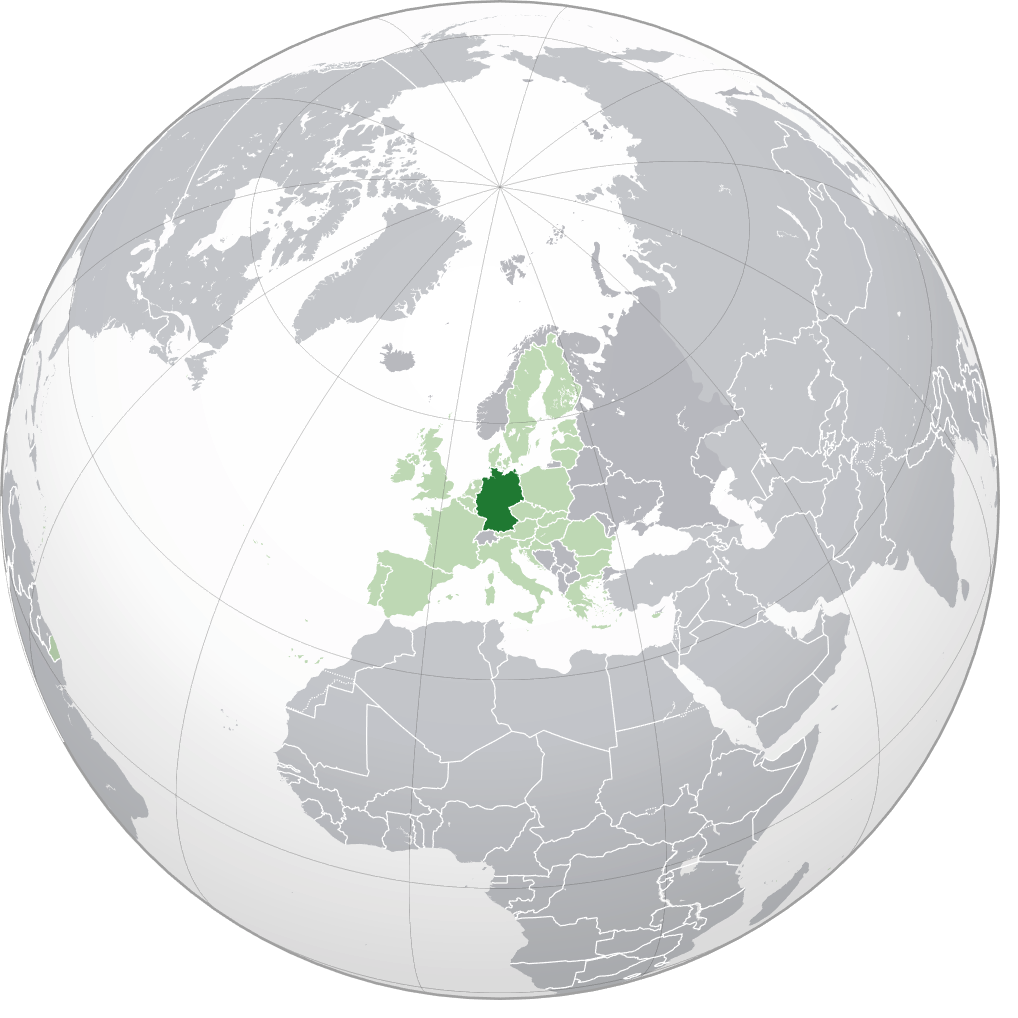
- Population:
- 84,552,000
- Religion:
- Christianity
Germany's origins trace back to the Holy Roman Empire, which lasted from 962 to 1806. It unified as a modern nation-state in 1871 under Prussian leadership. Defeated in both World Wars, Germany was divided during the Cold War into East and West Germany. Reunified in 1990, it has since become Europe's largest economy and a leading political power, known for its technological advancements and cultural heritage.
Germany, officially the Federal Republic of Germany, is a country in Central Europe. It shares borders with Denmark to the north, Poland and the Czech Republic to the east, Austria and Switzerland to the south, and France, Luxembourg, Belgium, and the Netherlands to the west. Covering an area of approximately 357,022 square kilometers, Germany has a population of about 83 million people as of 2023, making it the most populous member state of the European Union. The capital and largest city is Berlin. The official language is German. Germany operates as a federal parliamentary republic. The economy is the largest in Europe and the fourth-largest in the world by nominal GDP, with key sectors including automotive, machinery, chemicals, and information technology. Germany is a founding member of the European Union, the United Nations, NATO, and the G7, and plays a significant role in international affairs.






